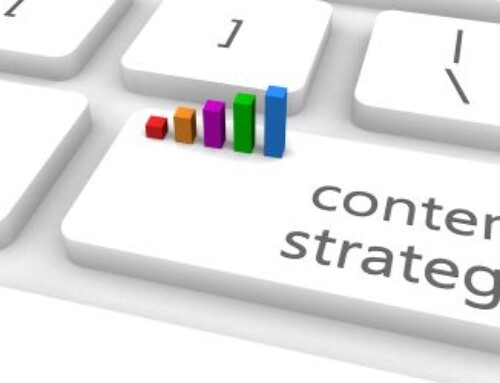While debates at work or at home can devolve into unproductive arguments, when they are guided in a positive direction during meetings, they can prove highly beneficial. Differing perspectives, opinions and ideas can either derail a discussion or serve as fuel to propel it toward a positive outcome.
The caveat is most meetings are void of any debate whatsoever. In the best-case scenario, attendees pay attention and contribute to some extent. Too often, however, attendees begin to daydream, focus on tasks that could be done if they weren’t in the meeting, actually do work during the meeting, worry they aren’t taking enough notes, etc.
People tend to steer clear of arguing at work. One reason for this is fear is the appearance of being difficult or not a team player. Some concepts have been assigned a stigma and “debate” is one of them. To be fair, the reputation of debating is partly well earned. Disagreements can easily turn into an out-and-out fight in which no one is listening and everyone is arguing. On the flip side, though, debates can spur productive discussions when handled correctly. The benefits of healthy debates are compelling:
- Devising creative solutions or products for clients
- Challenging people’s way of thinking and pushing them to expand upon them
- Giving the “quiet” voices or opposing viewpoints a chance to be heard
- Pushing back against the status quo to spur growth
Keep reading to get tips on how to build and encourage a company culture that encourages healthy debating among colleagues.
Keep It Positive. Always.
Workplace debates should not resemble political debates in which candidates relentlessly hurl insults in an attempt to discredit their opponents. That is not the purpose of these discussions. You can avoid this outcome by introducing the topic in a positive manner.
Let attendees know what is up for discussion and stress that you value their input. When you frame the conversation in this way, you make it about reaching a productive outcome rather than trying to prove that one person’s perspective is superior to the others. Remember, healthy debates aren’t personal. They are about new perspectives, unique ideas, etc.
Set a Time Limit
Keeping the debate on track is much easier if you set a time limit. Doing so provides a structure for the meeting and attendees. They will be less apt to go off the rails if they know they only have so much time to get their points across. Use a chess-timer and agree that when someone is speaking there won’t be any interruptions.
Pre-Select the Topics up for Debate
People can bicker over anything, even the most seemingly minor detail. Left to their own devices, meeting attendees could argue endlessly about topics that have nothing to do with the goal you set for the meeting.
You can easily circumvent this problem by pre-selecting the items you want the team to discuss. Lay them out clearly in the agenda and do not let the conversation veer toward unrelated topics of discussion.
PRO-TIP: Encourage those who want to bring in items to “debate” to do more than just bring in opinions. Use surveys (such as through SurveyMonkey.com), industry reports, internal reports, case studies/real customer situations, and so forth. Debates are stronger and more meaningful when facts or other data can make a more compelling case.
Get Input Early in the Process
Think of your team as a sounding board and take full advantage of this opportunity early in the process. If you wait until the concepts are partly developed, even just a little, you run the risk of your employees feeling disengaged. Give them a role in shaping ideas from the outset and your team members will feel a sense of pride and ownership.
Debates during meetings can be an unproductive waste of time or your secret weapon. You have the power to transform them into the latter by following the tips above and watching as your organization achieves lasting success.
For more information about how Gavel International can help your organization through outsourced meeting planning, event and travel incentive programs, contact us.







